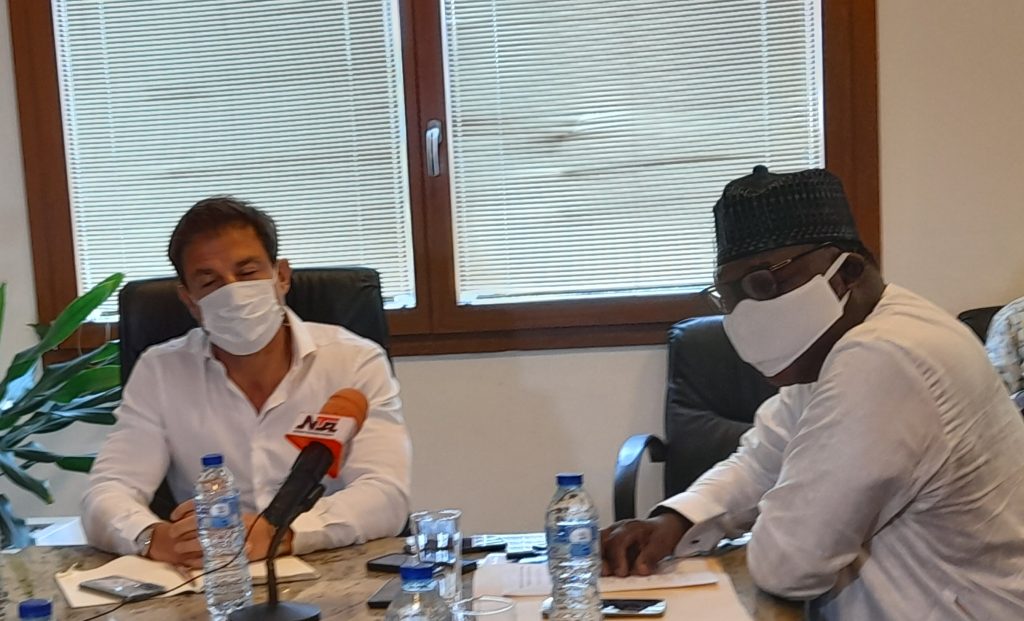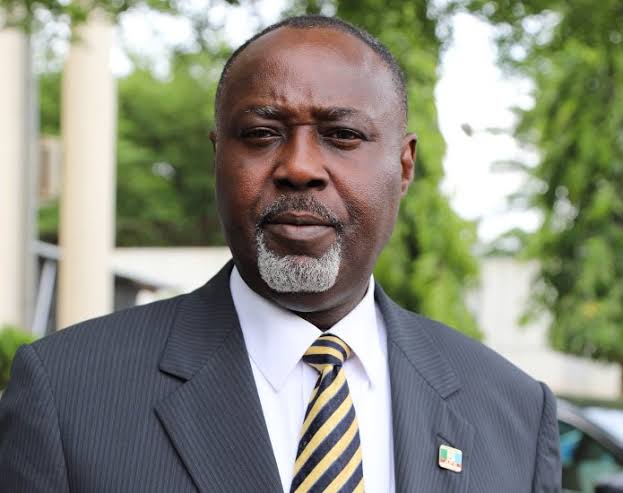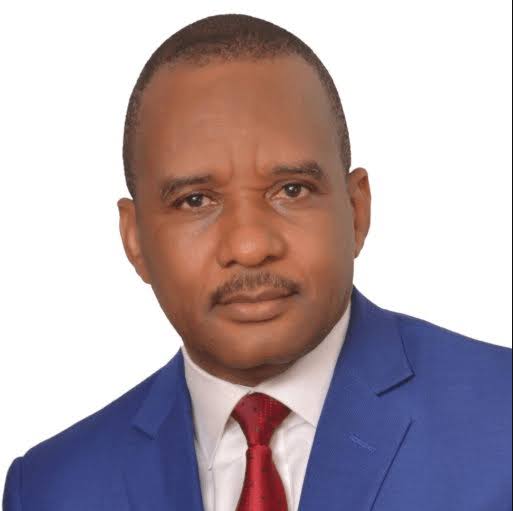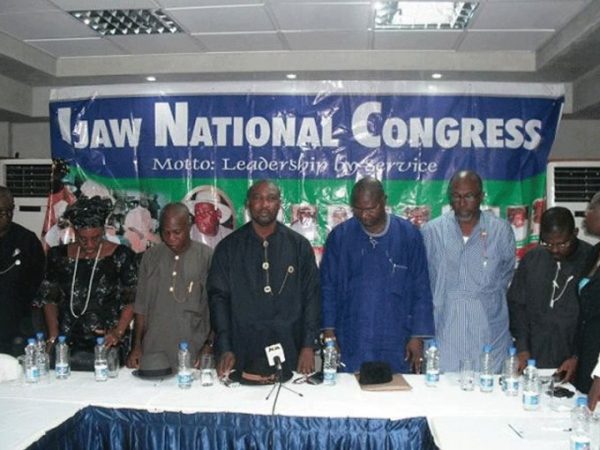NEWS LENS
PTML Suspends Increment In Handling Charges, As NSC Intervenes

By Kenneth Jukpor
Ports and Terminal Multiservices Limited (PTML) has suspended its move to increase terminal handling charges indefinitely as Nigerian Shippers’ Council (NSC) demanded a more scientific approach.
The Managing Director of PTML, Mr. Ascanio Russo revealed this yesterday while engaging journalists on the sidelines during a visit by NSC, led by its Executive Secretary, Mr. Hassan Bello.
While stating that the increment is still something the terminal is convinced it needs to do, Russo expressed delight at the level of understanding and support by port users when they received the information of 50 percent increment.
His words: “In PTML, there is no delays and no congestion. Our clients can take delivery of their cargoes on time and all our operations are online. All these require huge investment and we have invested a lot. We are also in an environment where keeping the tariff on the same price for the last ten years isn’t sustainable anymore.”
“We all go to the market and see the prices of items increase almost on daily basis. This year alone, we have increased the salaries of our staff by over 15 percent and this is something that we have been doing for the last ten years. So, in real terms, what we are charging now is probably 20 percent of what we were charging ten years ago. This is just not sustainable anymore and our clients are in support of this. Anyone who knows the business and the situation in the country understands the reason for the planned increase.”
According to him, the company has decided to go back to the drawing board to finalize how much percent increment will be ideal and carry out the increment with the input of NSC and other stakeholders.
On his part, the Executive Secretary of NSC, Mr. Hassan Bello asserted that the Council isn’t adverse to any review in charges at the ports, however, he maintained that the approach must be scientific and follow due process.
The NSC boss also stressed the need for competition among seaport terminals in pricing and quality of services rendered, stating that there shouldn’t be uniform prices and manner of operations.
According to Bello, it is such healthy competition that drives efficiency and an improvement in service delivery would give Nigeria an advantage over its competitors in neighboring countries with regards to port operations.
He, however, encouraged the terminal to contribute intellectually to the nation’s Port Community System and National Single Window projects as part of efforts to attain a more efficient port system in the country.





